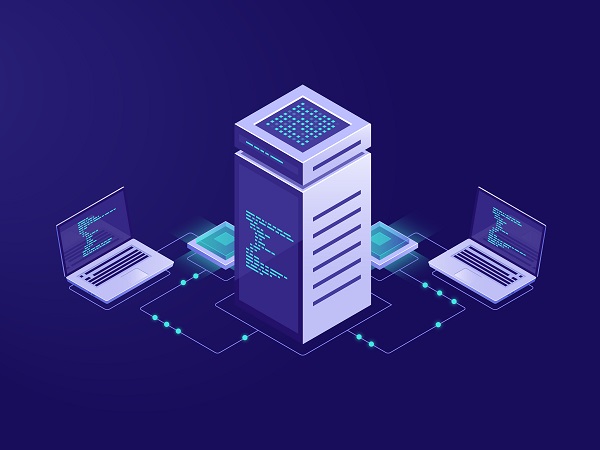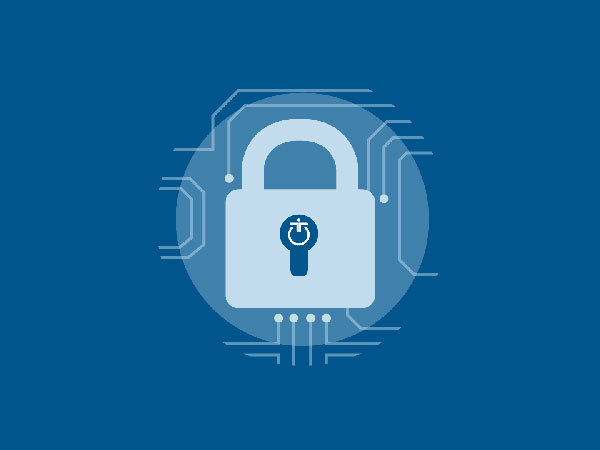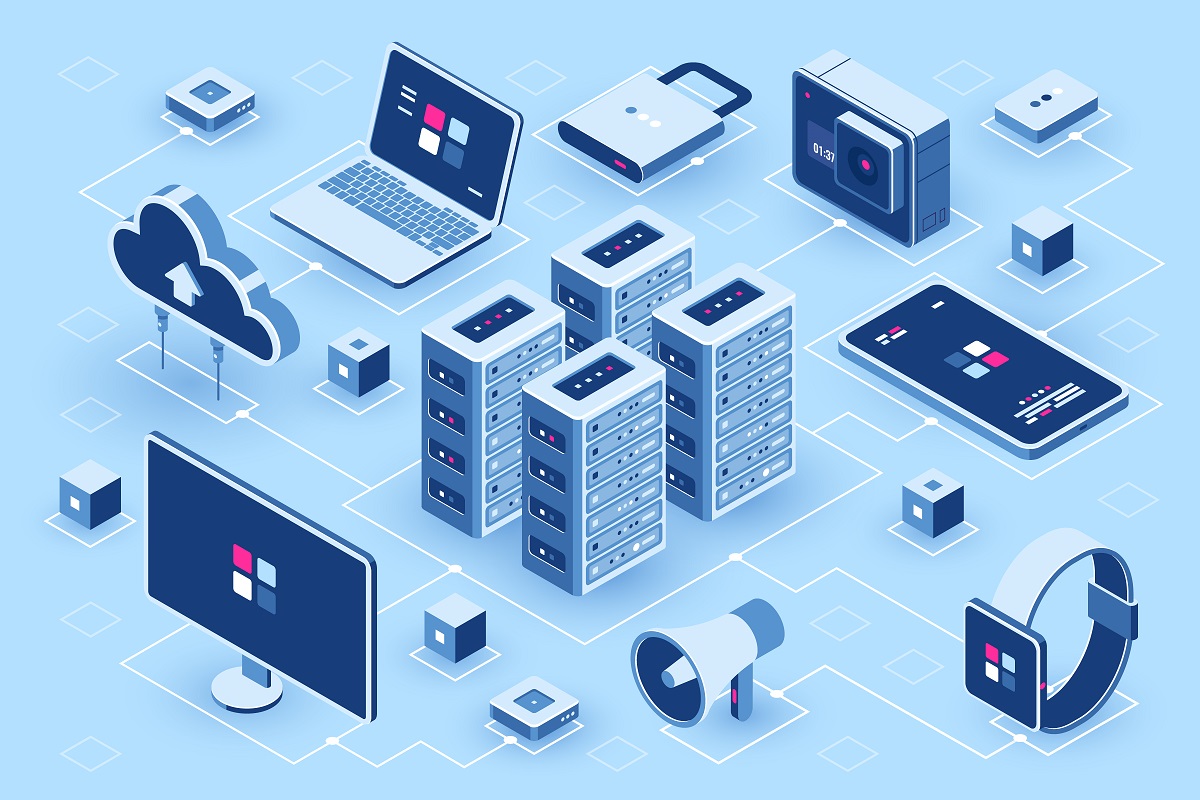When we talk about data, it seems like we most often talk about the data that businesses use and store. Big Data amasses all this data and produces a coherent narrative for businesses, who can leverage this information to make better products, better marketing campaigns and better choices overall. Because businesses are accumulating so much data these days, they are the proverbial fatted calf for savvy cybercriminals.
However, individual consumers produce data as well — and make no mistake, cybercriminals want their data, too. Thus, it’s critical that consumers protect their data proper security, but to do that, the consumer needs to know what kind of data they have that cybercriminals want. This guide will walk you through the most common valuable data on a home device and why a cybercriminal wants access to it.
Financial Information
These days, hacking and cyber attacking isn’t about pulling pranks or gaining notoriety within the field — it’s about making money. Thus, what most attackers are looking for when they infiltrate your home computer is financial information that they can easily exploit to gain some coin. You probably already have some idea of what financial data they desperately want, but here’s a quick rundown just in case:
- Your card numbers. The numbers on your credit and debit cards are like portals to your money. You should avoid storing this information on your computer unless it is heavily encrypted.
- Your bank account numbers. Even more than your card numbers, the numbers connected to your bank accounts are valuable for accessing your finances.
- Your login credentials. Any logins tied to accounts from which you make payments, from your online banking accounts to your PayPal account to your Amazon account and more, can be exploited by cybercriminals.
If you are like most device users, this is primarily what you are afraid of: A cybercriminal gaining access to your bank accounts, your card numbers, and other financial information and draining your finances dry. While this is a threat, it isn’t the only threat. There are other data on your device that can be used to accomplish the same or similar goals. So, staying cyber-safe at home is more than not engaging with financial information online.
Identification
By now, you should know that your personal identity has value. You are you — but if someone else can successfully disguise themselves as you, they gain authority and power. Unfortunately, your home computer contains a wealth of information that serves to identify you, such as:
- Your name. This isn’t necessarily difficult to find, but it is necessary to have in conjunction with other identification information.
- Your contact information. Email addresses are valuable, but info like phone numbers and home addresses carry even more weight.
- Your ID numbers. Your social security number, your driver’s license number, your employee number and more could be stored on your device within tax documents.
Identity theft is a real and serious crime. By gaining access to this kind of identification, cybercriminals can do a lot of damage. They can open lines of credit in your name. Or file fraudulent tax returns at your expense or. And, at the very least, sell your information to malvertising, spammers and scammers. Every year, more than 17 million U.S. citizens become victims of identity theft, so you should strive to protect your identity by hiding identification information off of your home device — or else protecting it better with high-quality antivirus software to thwart and remove malware that might be tracking this data.
Blackmail
Finally, the data you least want to think about is the data that will most likely land you in hot water. In a world where everything you say and do might be subject to public scrutiny, it’s imperative to be careful. Don’t save information on an easily accessible device that might humiliate or endanger you or your loved ones.
It isn’t just companies that are at risk of a cyberattack; because organizations have more resources to spend on cybersecurity, home devices are rising as popular targets for cybercrime. You need to prioritize protecting the data you have stored at home, and you need to do so ASAP


















